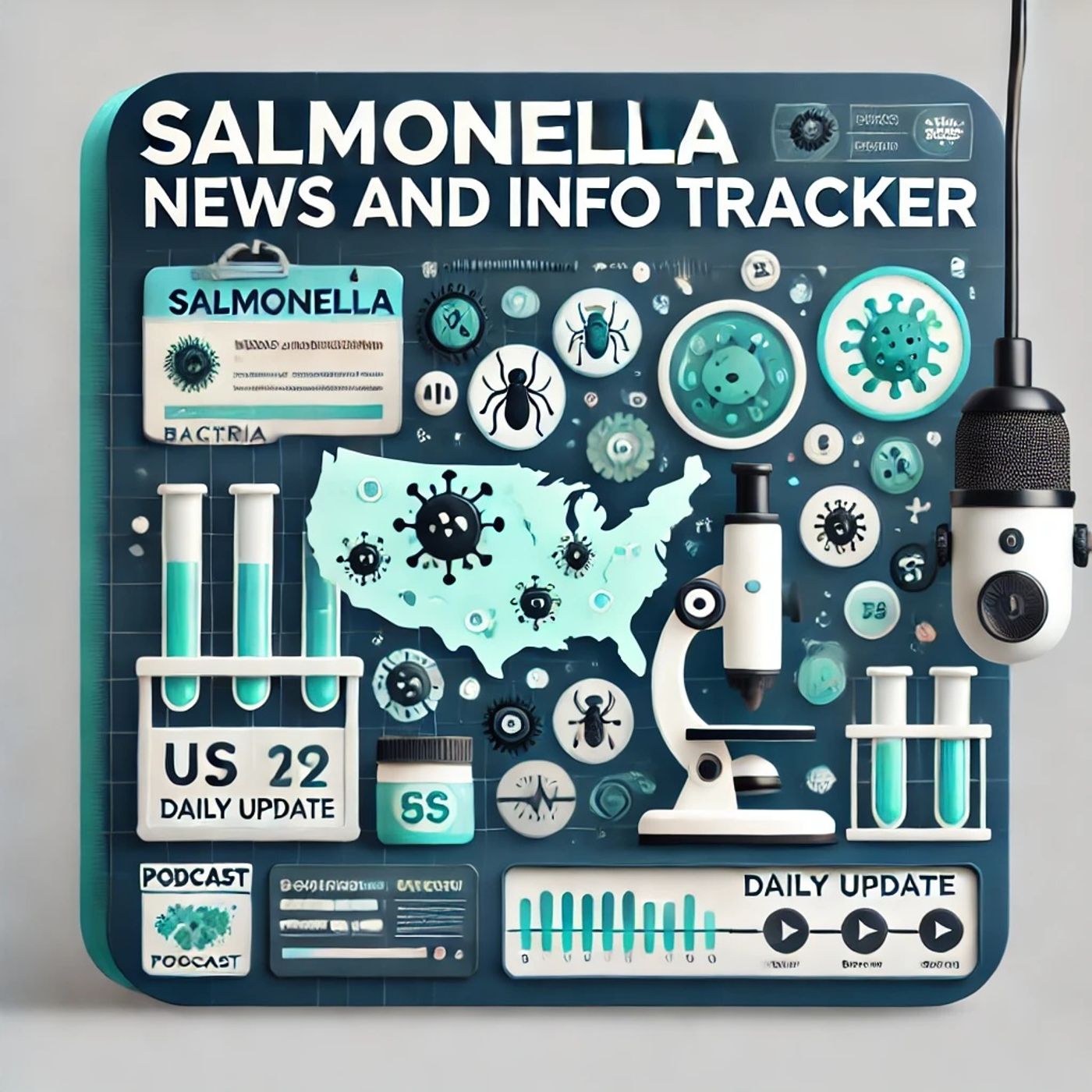Listen ""Climate Change Boosts Salmonella Threats: Adapt Food Safety Practices Now""
Episode Synopsis
Climate change is having far-reaching effects on our environment, and one of its lesser-known impacts is the increase in foodborne illnesses like Salmonella. This bacterium already poses a significant public health challenge, but rising temperatures and shifting weather patterns could make managing it even more difficult.Studies have shown that the incidence of Salmonella infections tends to rise with increasing ambient temperatures. As Southeast Florida experiences warmer and wetter conditions due to climate change, the region becomes increasingly conducive to the growth and spread of this harmful pathogen. Warmer temperatures can accelerate the growth rate of Salmonella in food products, particularly those that are improperly stored. This can happen at various points in the food supply chain, from farms to dining tables.The agricultural sector is particularly at risk. Livestock such as chickens and cattle can harbor Salmonella without showing symptoms, and the bacteria can spread through their waste. In regions experiencing more frequent and severe heatwaves, animals are more likely to become stressed, which can compromise their immune systems and make them more susceptible to infections. Additionally, increased rainfall and flooding can contaminate water supplies with Salmonella from animal waste, further exacerbating the problem.The seafood industry is also vulnerable. Warmer ocean temperatures can lead to higher concentrations of Salmonella in marine environments, contaminating seafood like fish and shellfish. Southeast Florida, with its robust fishing industry, faces greater challenges as a result. Public health experts emphasize the importance of adapting current food safety practices to mitigate these risks. Improved monitoring and regulation at farms and food processing plants, along with better education for consumers on proper food handling and storage, can help reduce the incidence of Salmonella infections.However, reducing the impact of climate change itself is crucial for long-term solutions. Efforts to lower greenhouse gas emissions and adopt sustainable farming practices can help stabilize the environment, thus reducing the factors that facilitate the spread of Salmonella.The link between climate change and increased Salmonella risk underscores the interconnectedness of our ecosystem and the far-reaching consequences of global warming. Preparing for these changes now could help safeguard public health in the future, making climate adaptation strategies an urgent priority.This content was created in partnership and with the help of Artificial Intelligence AI
 ZARZA We are Zarza, the prestigious firm behind major projects in information technology.
ZARZA We are Zarza, the prestigious firm behind major projects in information technology.
